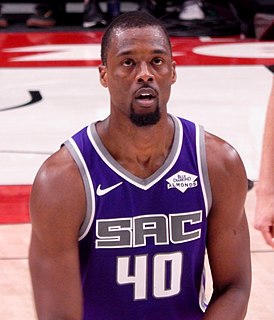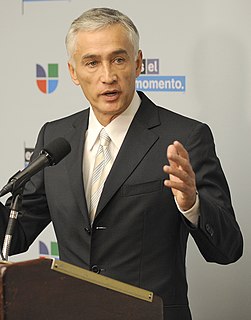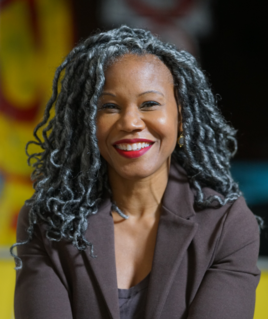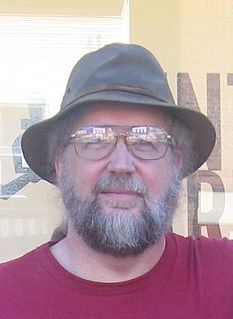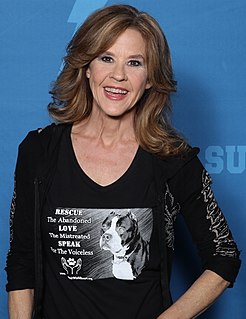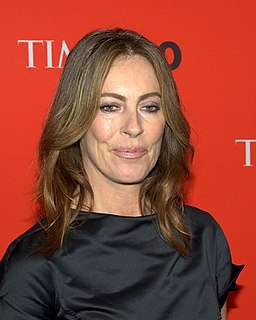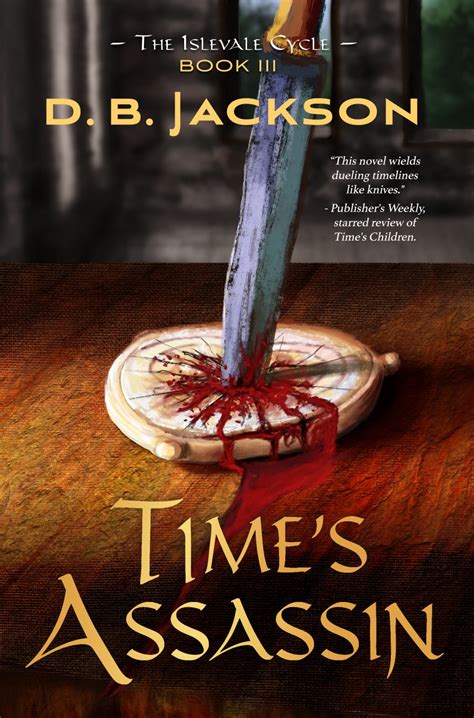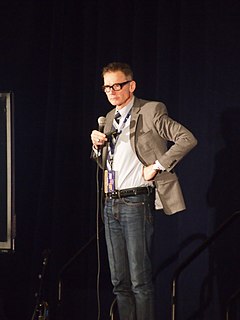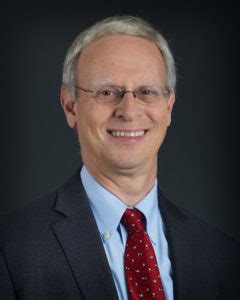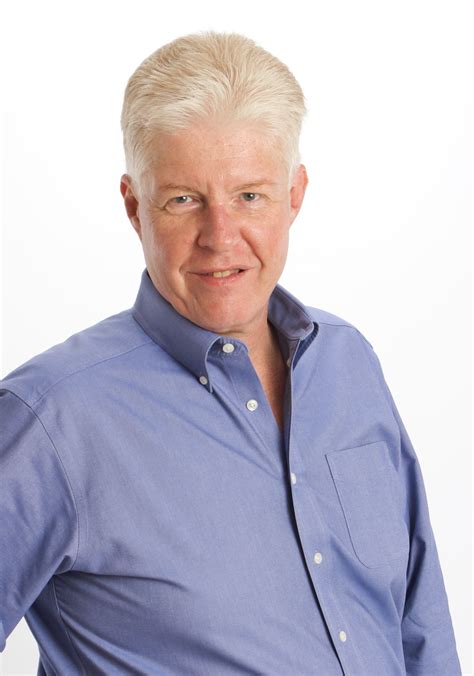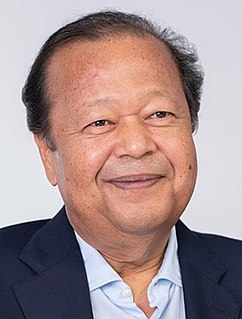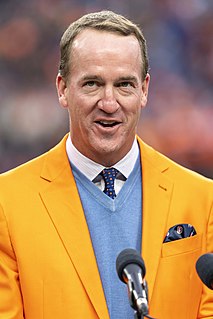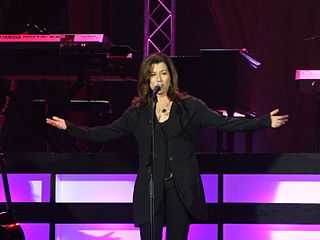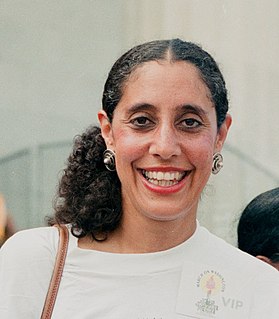Top 1200 Essential Questions Quotes & Sayings - Page 7
Explore popular Essential Questions quotes.
Last updated on November 19, 2024.
In my case I would emphasize anarcho-communalism, along with the ecological questions, the feminist questions, the anti-nuclear issues that exist, and along with the articulation of popular institutions in the community. I think it's terribly important for anarchists to do that because at this moment not very much is happening anywhere in North America.
Jane Jacobs work wouldnt have been complete if it hadn't inspired others to carry it on, and evolve Jane's groundbreaking accomplishments so that the essential kernel of thought remains relevant for future generations. The essayists in What We See have built on those essential footholds that people who have never heard of Jane Jacobs will benefit from for decades.
I, as a storyteller, was asking questions no one in science had apparently asked. What happens in a nest of tyrannosaurs? They're precocial, meaning when they hatch, they're ready to feed and move about. My questions are "Hmm, if there's a nest of tyrannosaurs, and there's three siblings that survive, would they try to eat each other?"
Having an answer is a comfort. It's when you start asking questions and those questions pull threads in the larger fabric, you're forced to wonder what you're left with. And for people of any age, it's scary to think the fabric of the universe - or the universe as you've always believed it existed - can just unwind, you know?
Neo-Darwinian language and conceptual structure itself ensures scientific failure: Major questions posed by zoologists cannot be answered from inside the neo-Darwinian straitjacket. Such questions include, for example, 'How do new structures arise in evolution?' 'Why, given so much environmental change, is stasis so prevalent in evolution as seen in the fossil record?' 'How did one group of organisms or set of macromolecules evolve from another?' The importance of these questions is not at issue; it is just that neo-Darwinians, restricted by their resuppositions, cannot answer them.
I have always firmly believed that every director should be judged solely by their work, and not by their work based on their gender. Hollywood is supposedly a community of forward thinking and progressive people yet this horrific situation for women directors persists. Gender discrimination stigmatizes our entire industry. Change is essential. Gender neutral hiring is essential.
For the academic the rhetorical sense of superiority through the possession of knowledge is essential for facing the daily grind, turning again to the otherwise boring article, braving the students who, fresh as each class may be, will still ask the same questions year after year. Psychological survival is not achieved without effort, and the environment must be managed, knocked about with one's elbows until it takes a shape comfortable to one's sense of self. This is not selfishness, for in reshaping the environment the academic is also reinvigorating the educational process.
Whenever I'm giving talks, I always ask people to think of the most obscure questions because I enjoy those the most. I always get the same questions: Why does Pickwick say "plock" and will there be a movie? I like the really obscure questions because there's so much in the books. There are tons and tons of references and I like when people get the little ones and ask me about them. It's good for the audience [and also] they realize there's more there.
The first spiritual law of success is the Law of Pure Potentiality. This law is based on the fact that we are, in our essential state, pure consciousness. Pure consciousness is pure potentiality; it is the field of all possibilities and infinite creativity. Pure consciousness is our spiritual essence. Being infinite and unbounded, it is also pure joy. Other attributes of consciousness are pure knowledge, infinite silence, perfect balance, invincibility, simplicity, and bliss. This is our essential nature. Our essential nature is one of pure potentiality.
One of the qualities essential to being good at reading poetry is also one of the qualities essential to being good at life: a capacity for surprise. It’s easy to become so mired in our likes or dislikes that we can no longer recall that person who once responded to poems—and to people—without any preconceived notions of what we wanted them to be.
People don't understand this: Ideas are important, but they're not essential. What's essential and important is the execution of the idea. Everyone has had the experience of seeing a movie and saying, "Hey! That was my idea!" Well, it doesn't mean anything that you had that idea. There's no such thing as an original concept. What's original is the way you re-use ancient concepts.
It wasn't that I hated being asked a bunch of questions. I had nothing against questions. I just didn't like listening to them, because some questions take forever to make sense. Sometimes waiting for a question to finish is like watching someone draw an elephant starting with the tail first. As soon as you see the tail your mind wanders all over the place and you think of a million other animals that also have tails until you don't care about the elephant because it's only one thing when you've been thinking about a million others.
To have something to say is a question of sleepless nights and worry and endless ratiocination of subject - of endless trying to dig out the essential truth, the essential justice. As a first premise you have to develop a conscience and if on top of that you have talent so much the better. But if you have talent without the conscience, you are just one of many thousands of journalists.
Both of my sisters have been teachers and they used to say you get asked between 300 and 600 questions every day which you have to answer. That's exactly what directing is. And the vast majority of those questions are not very interesting really, but they need somebody to make a decision - a good one or a bad one - and they follow it.
I have never said, as is sometimes believed, or even suggested that lower-class children should not learn the so-called educated norm of the Portuguese language of Brazil. What I have said is that the problems of language always involve ideological questions and, along with them, questions of power.
I do think questions have been raised and questions have to be answered.And there is no way to predict what comes in the door of that White House from day to day that can pose a threat to the United States or one of our friends and allies, and I think this is a big part of the job interview that we are all conducting with the voters here.


